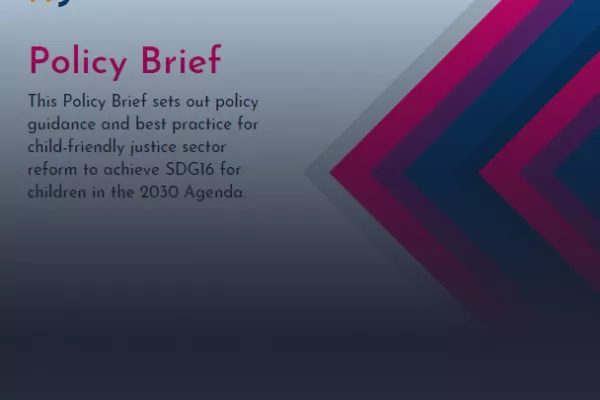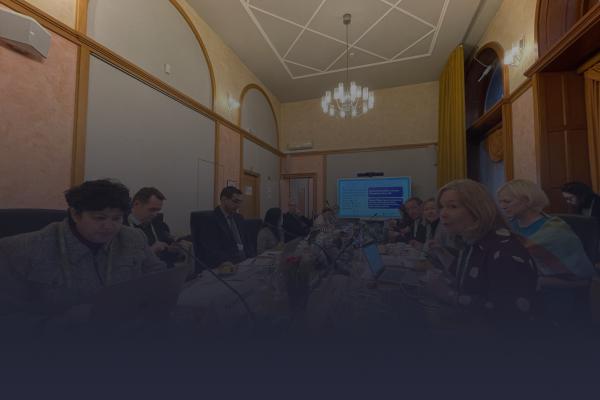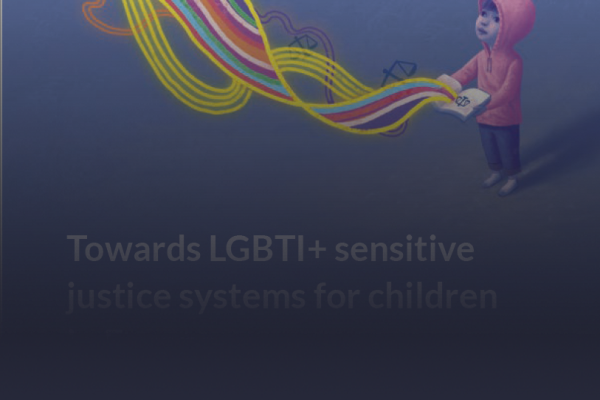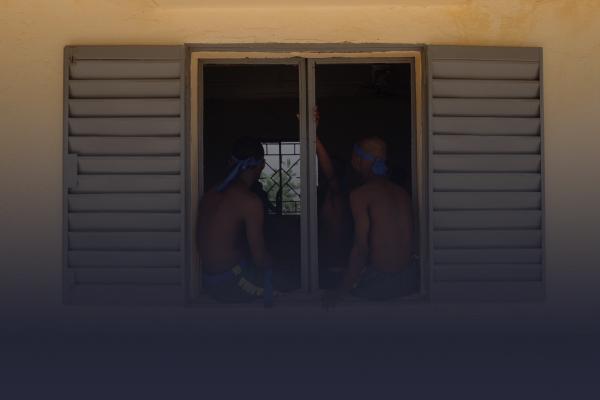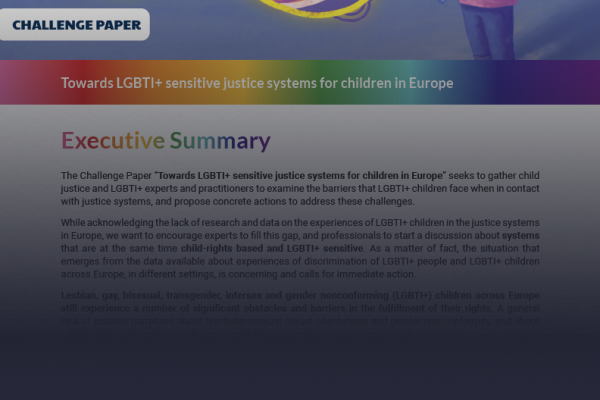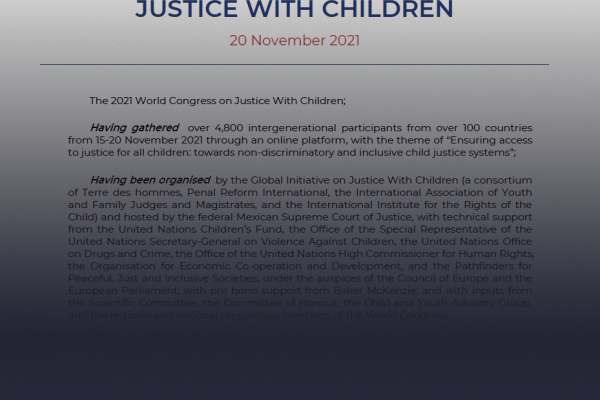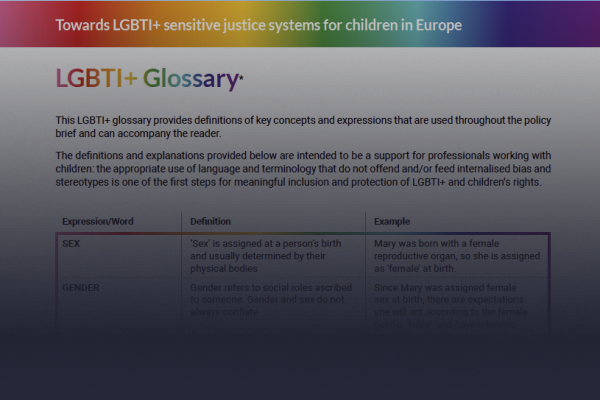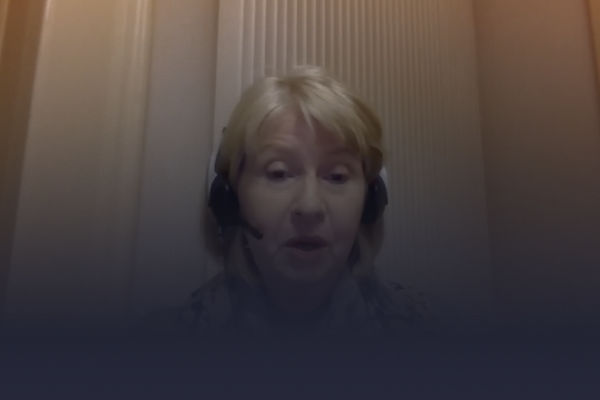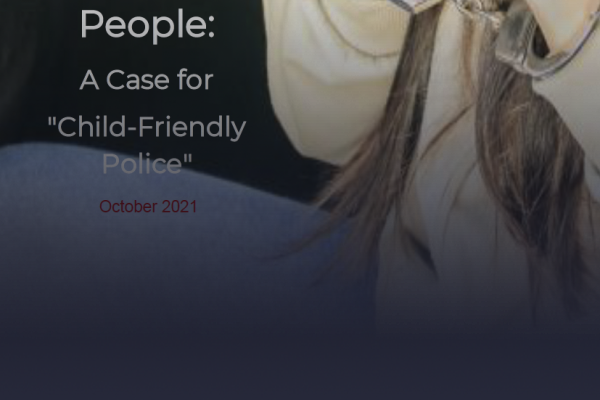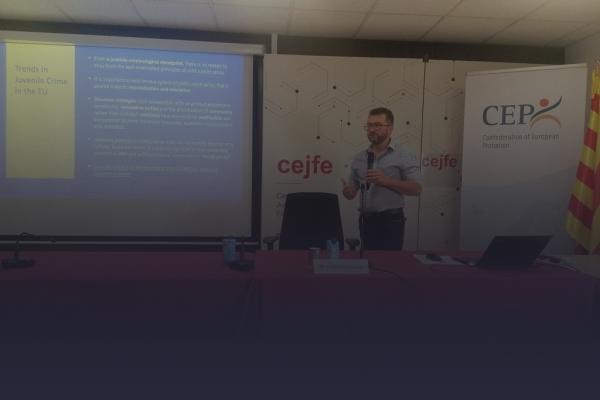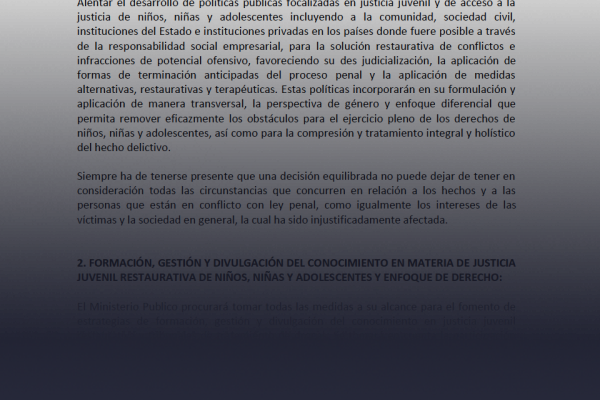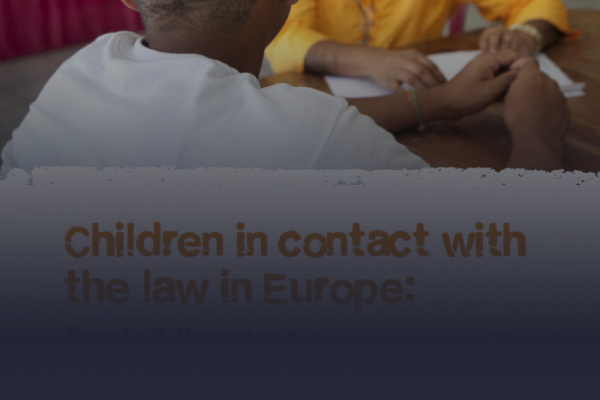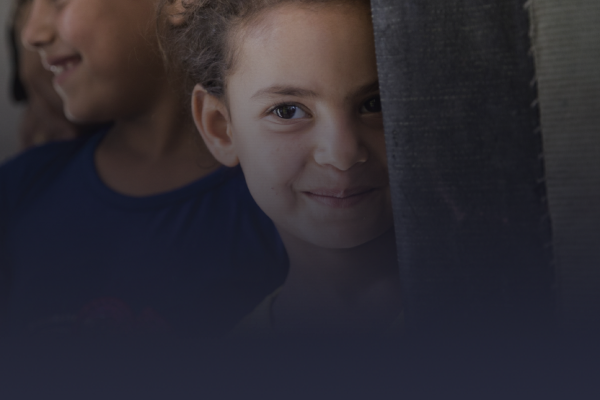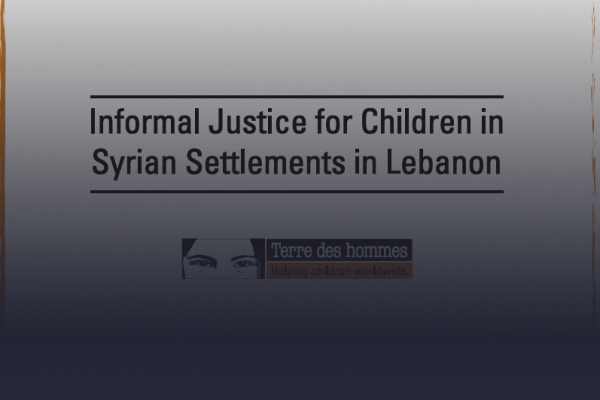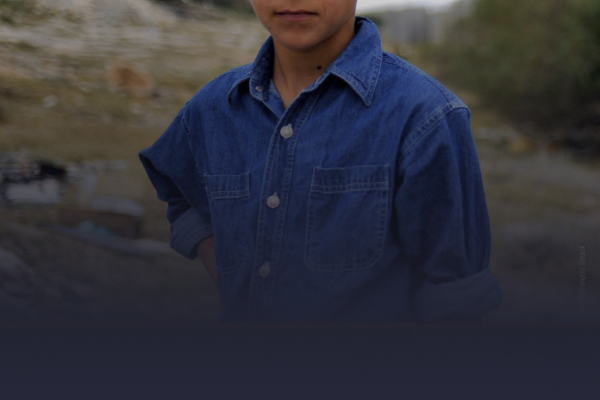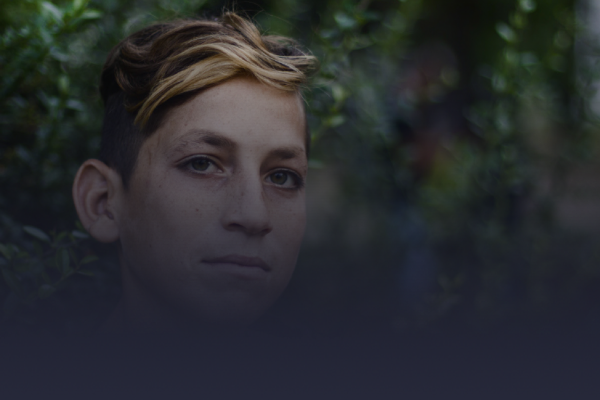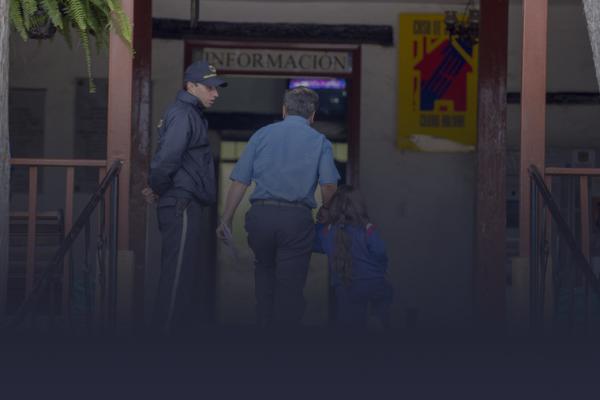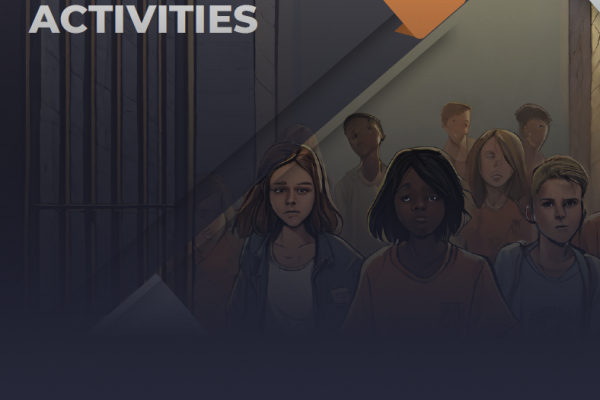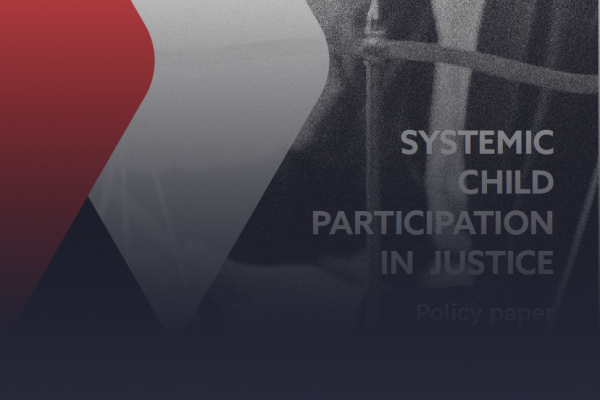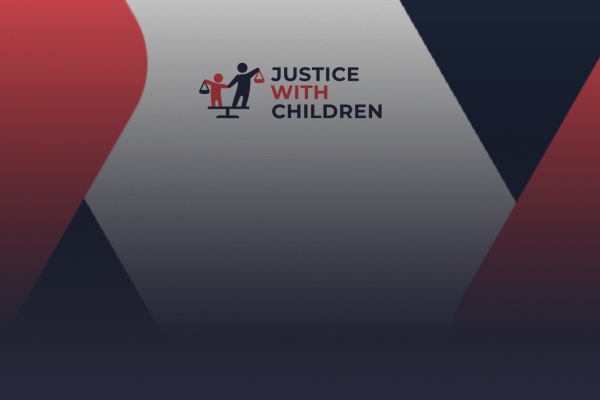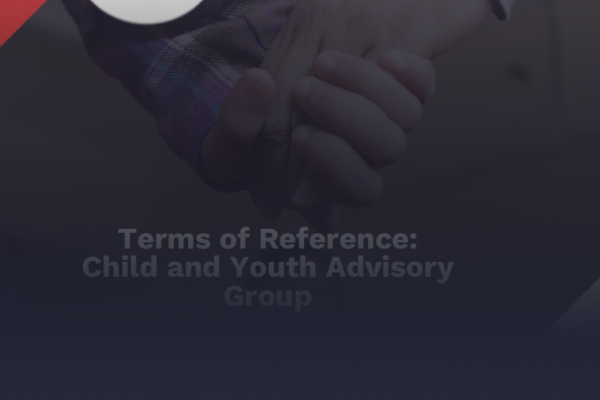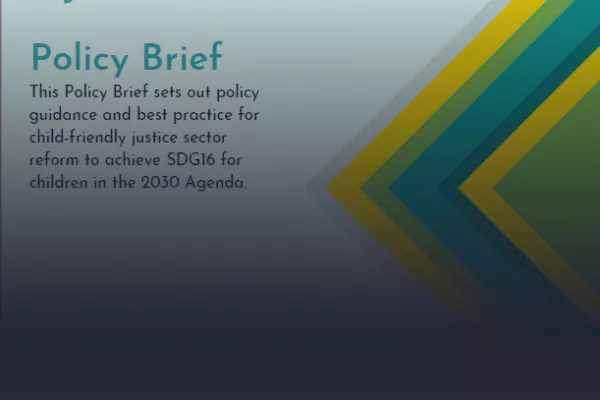Community empowerment
Joint efforts to enhance access to justice without discrimination for all children...
Enhancing access to justice for all children it is crucial to foster community integration and encourage intergenerational dialogue. We understand that children's rights can be effectively safeguarded when the community comes together to address their unique needs and challenges. By promoting an inclusive and participatory approach, we strive to create spaces where children can freely express their voices, concerns, and aspirations.
Fair Access to Justice without discrimination

Every child, regardless of their background, deserves equal protection under the law and a fair chance to have their voices heard. We are committed to breaking down barriers and eliminating all forms of discrimination that hinder children from accessing justice. By advocating for inclusive policies, raising awareness, and providing training to professionals, we strive to create a system that treats every child with fairness, respect, and dignity. Our goal is to build a society where no child is denied their rights based on factors such as race, religion, socioeconomic status, sexual orientation, gender identity, gender expression and other diverse backgrounds.
Our work

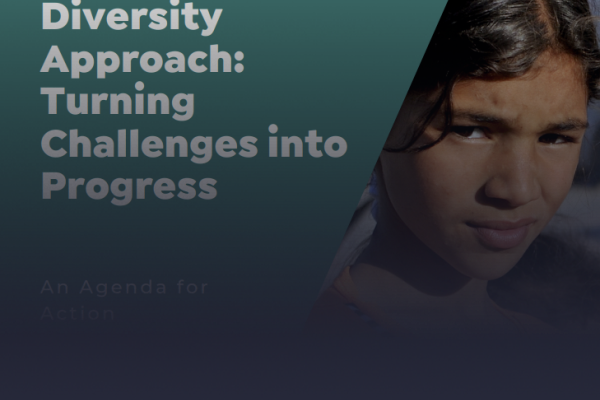
Child-friendly police

Police are usually the first point of contact for children who come into conflict with the law. This makes the interaction critical because incidents of police violence and misconduct are harmful to individual children, but also create long-standing tensions and mistrust between the police and communities.
One of Justice With Children’s key recommendation is promote the use of restorative justice in all cases involving children. Restorative justice offers an alternative approach to finding a resolution that focuses on meeting the needs of those who have been most impacted by an incident or crime. Restorative justice, including mediation, can be offered before, during, and after police custody as well as part of the criminal procedure. Many communities that have introduced restorative justice as an alternative to criminal prosecution of children and young people have obtained positive results. States should aim to increase the incorporation of restorative approaches into policy and practice.
Our work
Restorative justice
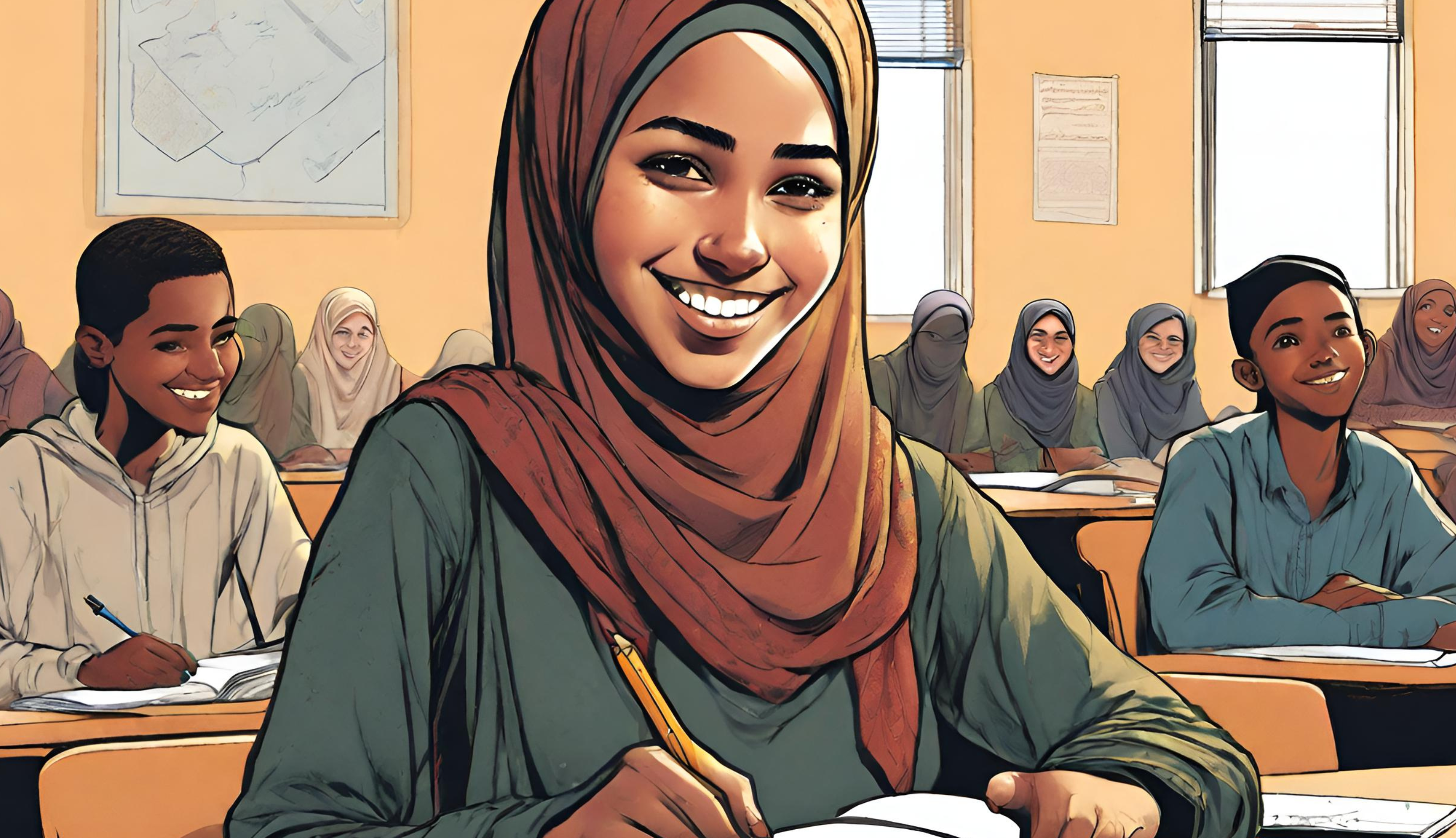
Restorative justice for children is a transformative approach that lies at the heart of our mission at Justice With Children.
Restorative justice offers a child-centred approach that focuses on healing, rehabilitation, and the restoration of relationships. It provides a safe space for children to actively participate, express their feelings, and take responsibility for their actions in a supportive environment.
Restorative justice is a proven and effective intervention that yields numerous benefits for all parties involved. The advantages of a restorative justice process are clear: it leads to high levels of satisfaction for both victims and offenders, reduces the likelihood of recidivism,, proves to be cost-effective, reduces the number of children in detention, shields children from the detrimental impacts of traditional criminal proceedings, restores relationships, and facilitates the successful reintegration of offenders. These compelling outcomes, supported by substantial evidence, highlight the immense value and potential of restorative justice in fostering healing, growth, and positive change.
Our work
Legal pluralism

Legal pluralism is the existence of multiple legal systems within a specific population or geographical area. These systems have largely developed through colonialism, customary traditions and practices, and religious laws, but they produce a slew of complications in the face of access to justice when pursued by children, including questions of protective safeguards based on children’s rights, applicability of child-friendly justice procedures and standards, conflicts of laws and inconsistencies leading to confusion, and inherent discrimination that may be embedded in plural legal systems.
However, when done correctly, the integration of indigenous and customary justice elements and the inclusion of customary norms into state laws can support the best interests of the child and safeguard the child’s cultural heritage and customs.
Our work

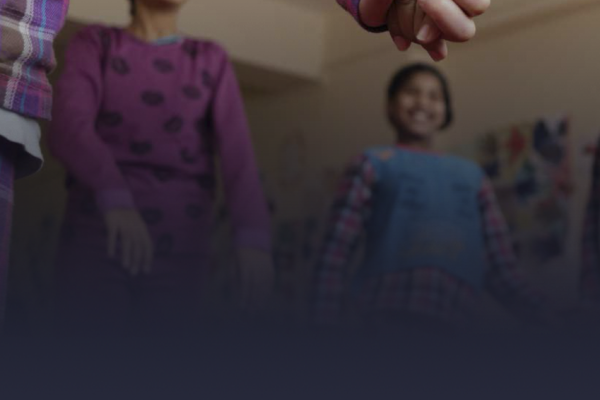
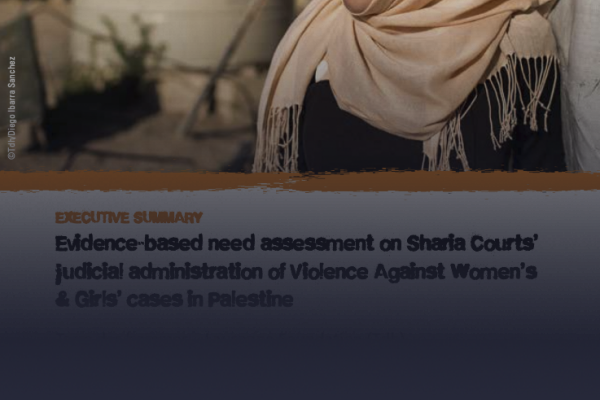
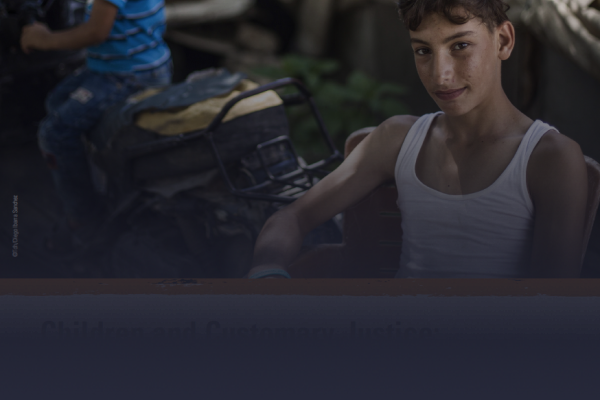
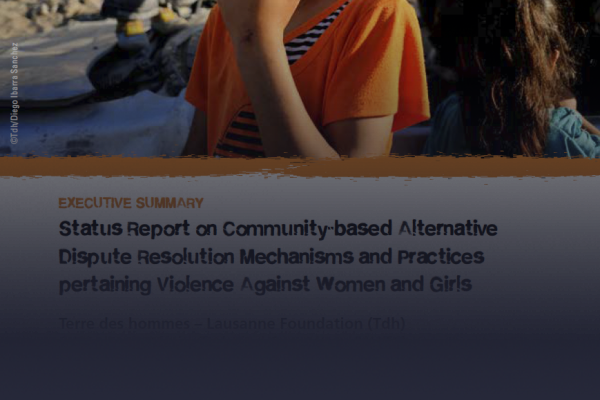
News

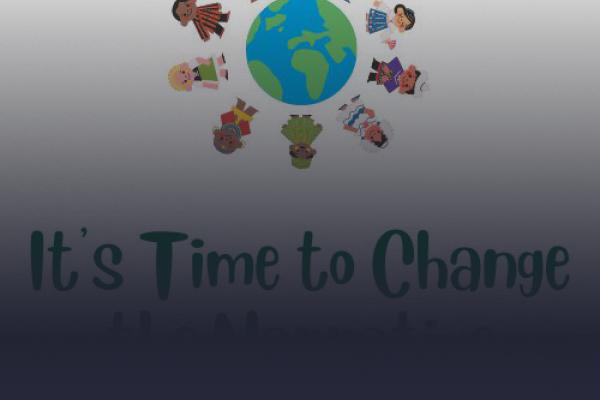
Resources






